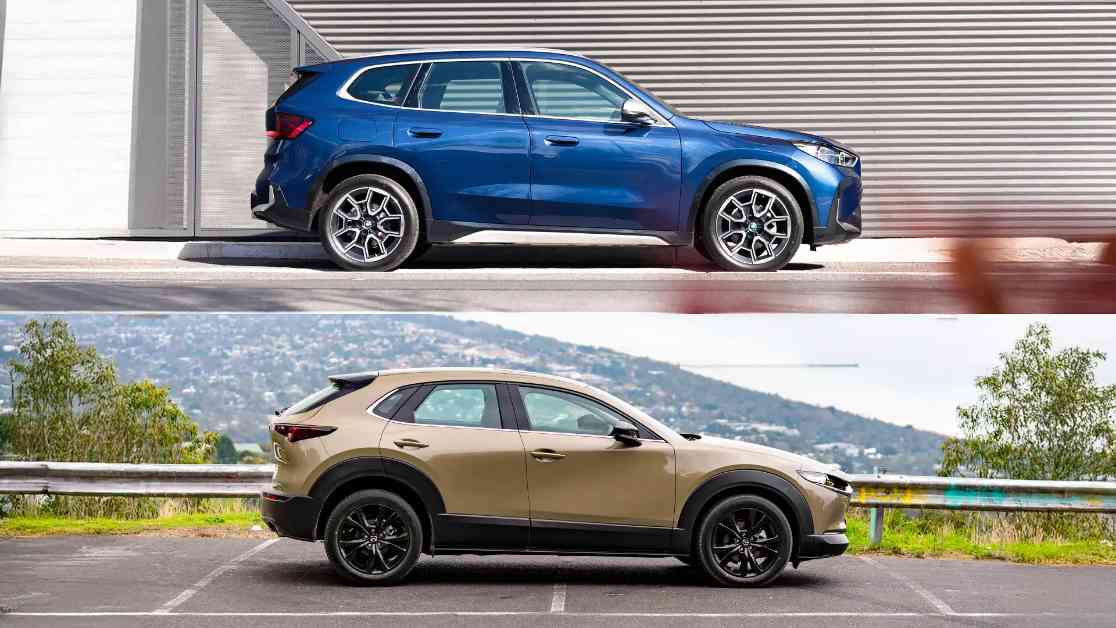Electric cars are gaining popularity due to their reduced running costs and environmental benefits. However, the higher initial purchase cost remains a significant barrier for many potential buyers. So, how do the costs of owning an electric car compare to a petrol car over a five-year period?
Let’s consider the case of the petrol BMW X1 xDrive 20 and the electric BMW iX1 eDrive 20. Both cars are similar in terms of specifications and power, making them a good choice for compact, premium SUV buyers. To analyze the costs over time, we will assume driving 12,000km per year in either car, with petrol priced at $1.90 per litre and electricity at $0.30 per kWh.
On the surface, the iX1 costs $8500 more to buy but saves $1083.60 per year in running costs compared to the petrol X1. This means it would take nearly eight years to offset the purchase price with fuel cost savings. However, this analysis is simplistic.
When considering other factors like registration, insurance, and servicing, the overall cost of ownership for the electric iX1 is only $441.39 less per year than the petrol X1. This means it would take over 19 years to break even on the $8500 purchase price difference.
One way to potentially save on the cost of owning an electric car is through a novated lease, which allows you to pay for the car as part of your salary package. This can result in significant tax savings, especially for electric vehicles priced below the luxury car tax threshold.
In our example, a novated lease on the electric iX1 saves over $26,000 in total costs compared to the petrol X1 over a five-year period. This makes the electric car significantly cheaper to own and operate through a novated lease arrangement.
While electric cars may have higher upfront costs, they can be more cost-effective in the long run, especially when considering tax savings and lower running costs. Ultimately, the decision to buy an electric or petrol car will depend on individual circumstances and preferences.
By exploring different ownership options like novated leases, drivers can potentially drive a premium electric car for the price of a more affordable petrol car. It’s important to consider all financial aspects and consult with professionals before making a decision on purchasing a vehicle.
In conclusion, owning an electric car may be more expensive initially, but with the right approach, it can be a cost-effective and environmentally friendly choice for drivers looking to save on long-term operating expenses.










